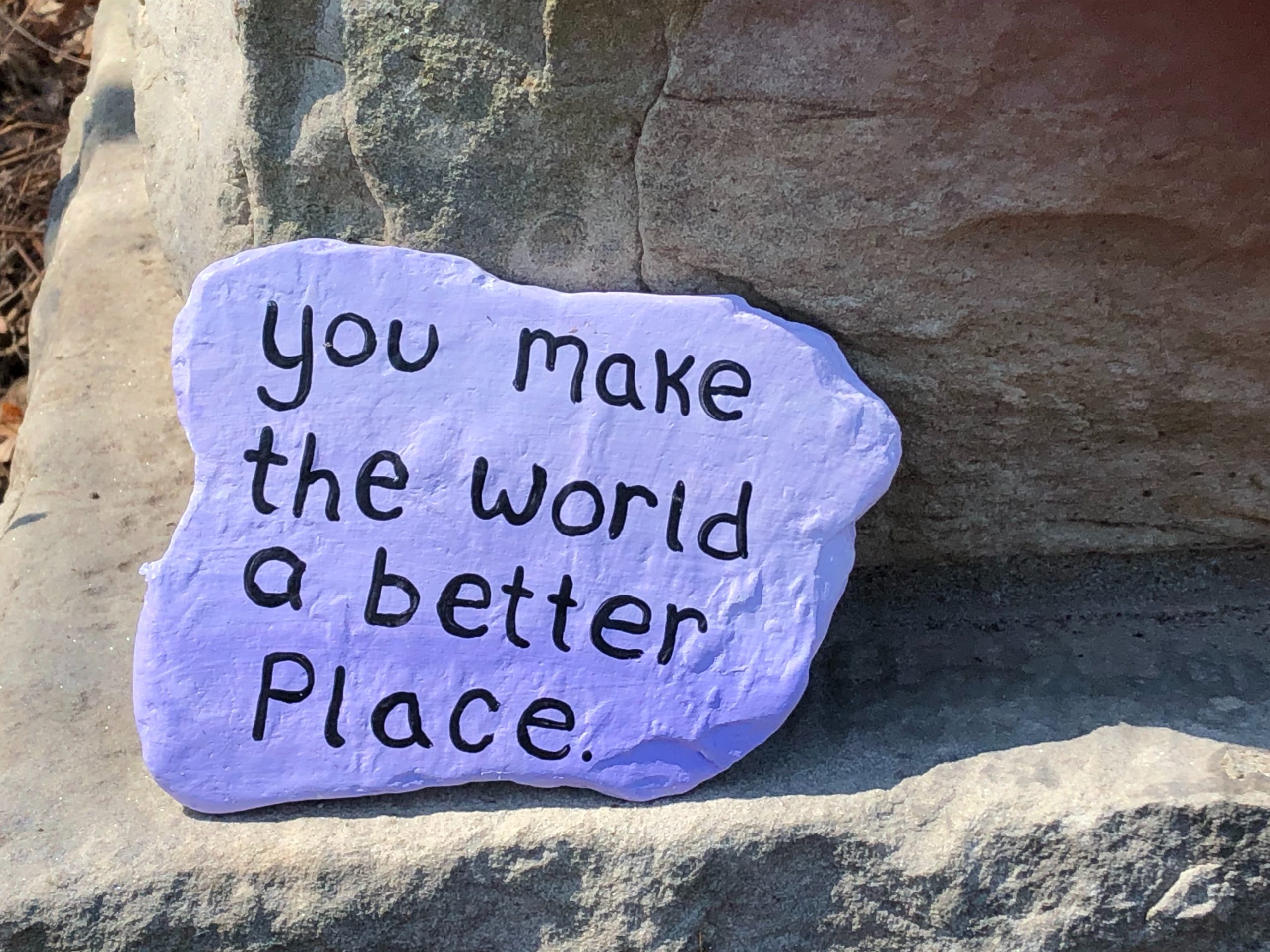We at Banana Farm Eco Hostel understand that sustainability is a way of life and we as a farm should practice what we preach. These are some of our hostel eco-features;
- We have a large farm where we grow our own organic vegetables and fruits. The rest we don’t grow we source them from organic farmers from the village. We keep cows on the farm and we use milk from the cows for making yoghurt while waste from their house is used to produce biogas and electricity.
- 100% of the energy the hostel uses comes from renewable sources. We use both solar and biogas energy and we heat our water with biogas heating system that produces zero CO2 emissions. Our biogas plant tour can be given while you are staying with us.
- We use low energy lighting inside the hostel and we activated lighting sensors in common areas such as corridors and garden.
- We usually urge our guests to bring refill bottles with them as we have refill point for clean filtered water that is sourced from a fresh water spring in our farm. We also offer our guests reusable bottles to buy/ borrow during their stay, reducing the use of plastic by 850 bottles per month. No chemicals are used to treat water. Instead, we use a reverse osmosis and filtration system.
- We have on site facilities for recycling including different disposal containers and information available to guests.
- We recycle old clothes and turn them into amazing canvases for paintings that you can see in the rooms. Old towels are turned into flower pots.
- We have used so much recycled materials to build and decorate the rooms ranging from reclaimed wood logs for beds, tables, chairs and benches and empty bottles of wine for flowers. This all can be seen around the farm
- We are constantly raising awareness about the importance of sustainability, both to our guests and through our social networks in and around our village
- Kitchen waste, dead leaves from trees and food waste is composted on-site for making fertilizer for the garden and farm.
- Toilet papers and cleaning products we use are completely biodegradable
- We also have a reuse corner, where guests can leave what they no longer need and take whatever they do.
- For serving breakfast and meals we use ceramic dishes (no single-use anything!)
- Bicycle rentals on the farm. We try as much to promote sustainability among our guests by helping them find ecological means of transport like biking, walking and using local buses. We have painted canvases around the hostel that help guests save water, energy and point out interesting facts about the human impact on the environment.
- Lastly we do offer ecological hiking, bike rides, book exchanges, and guided tours around the farm in the village to support eco-tourism among our guests making them ambassadors for eco travel while on their trips around the world.

